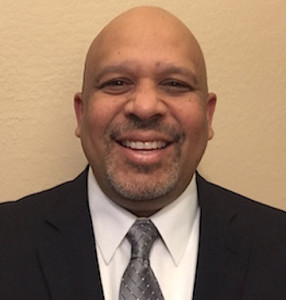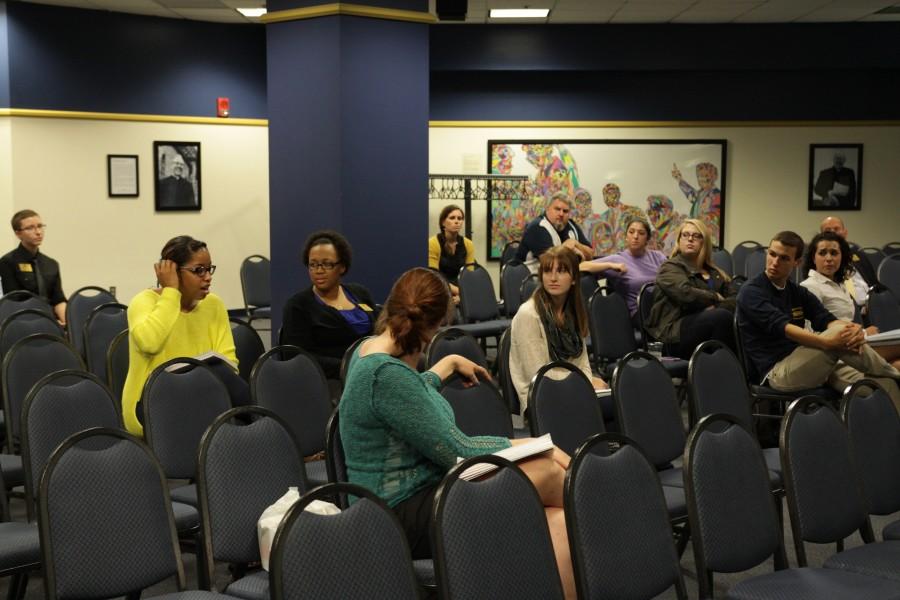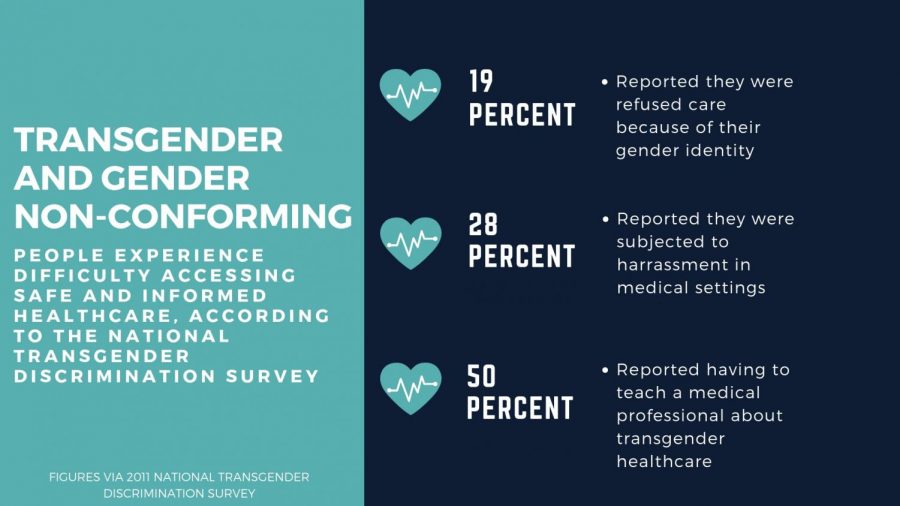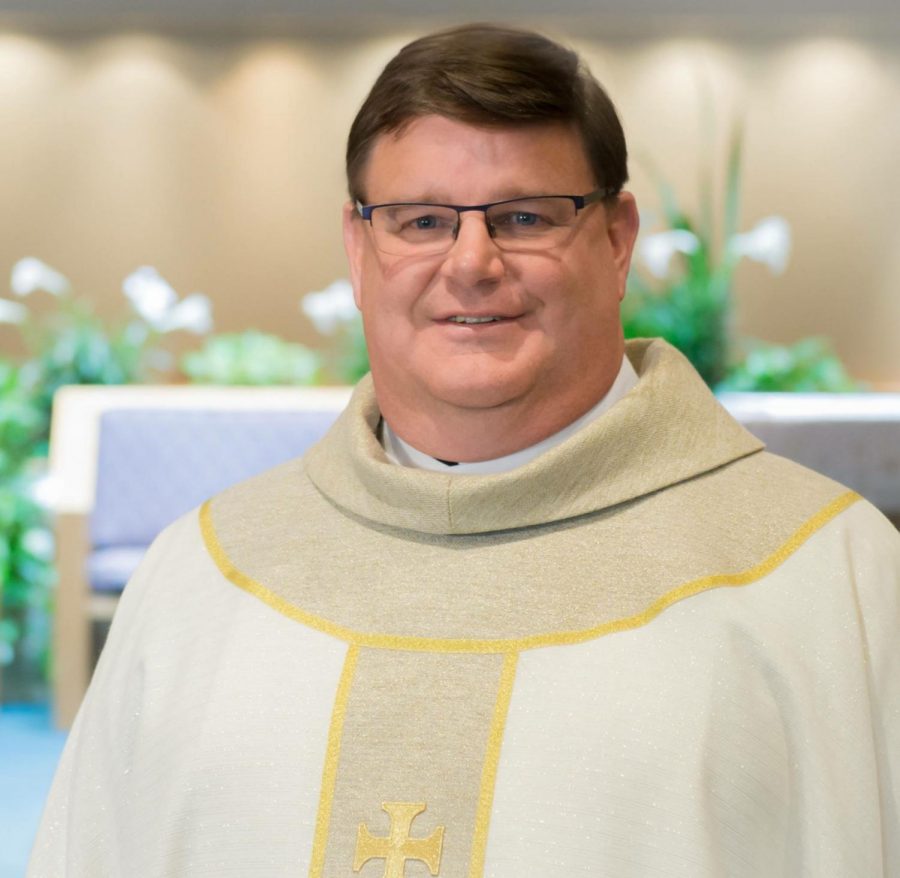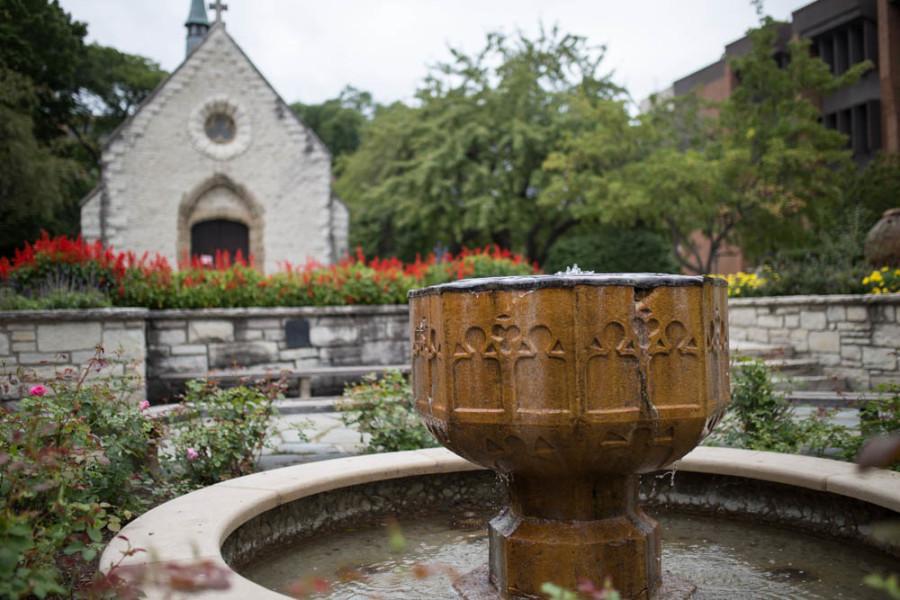Since last spring, as the university and campus have taken a closer look at LGBT issues at Marquette, the refrain has often been about “students, faculty and administration.”
While all three groups hold an important stake in the matter, one community on campus has felt left out.
Particularly, university staff members who identify as LGBT are concerned their voice isn’t being heard and their needs not attended to.
Elizabeth Wawrzyniak, an office associate at the Raynor Library, said LGBT staff share the same concerns when it comes to their identity on campus.
“As an LGBT staff member, and a former student … I want to be treated with the same amount of respect as any other member on campus,” Wawrzyniak said. “(But) at this time, individuals who identify as LGBT … are not afforded the same standards of care and rights as heterosexual individuals.”
Wawrzyniak noted sexual orientation inequality is not a problem exclusive to Marquette and that the university cannot solve the entire problem. However, there are steps that should be taken, she said.
Christopher Daniel, an ordering-receiving technician at Raynor and an LGBT-identifying staff member, echoed Wawrzyniak’s concerns.
“We (LGBT staff) are just as concerned about achieving equality in relationship to benefits and treatment on campus as the students and faculty,” Daniel said. “(But) we are excluded from discussions by the university administration or forgotten about/ignored by other campus groups and the campus media.”
Provost John Pauly said the opinion of staff, especially those who identify as LGBT, is just as important as that of any other group on campus, and the university isn’t ignoring them.
“The concerns of staff matter just as much to me, the university and (University President the Rev. Robert A. Wild),” Pauly said. “There’s no intent to leave staff out, but the problem may partly come from the fact that students and faculty have just been more organized.”
Staff do have organizations to voice their concerns, like the Committee on Staff. But Wawrzyniak, a member of the committee, said she is unsure of how serious their say is taken.
“Oftentimes, I am not sure where our concerns go or whether they are anything more than a summary in a committee report,” Wawrzyniak said. “For example, during the Jodi O’Brien situation, I believe that there was mention of having a staff listening session, as the students and faculty had. But no such session was ever held for staff, to the disappointment of many staff members.”
Pauly said that he wasn’t sure the university “promised” a listening session, but said one could easily be achieved.
“I certainly encourage LGBT members of staff to find modes of expression and be heard,” Pauly said. “And since listening to concerns is important in the process, we are more than open to hearing staff ideas. A listening session is possible if that’s something they want.”
Pauly also said the university carefully considers the work of the COS or any other employee group.
Both Wawrzyniak and Daniel applauded the recent adoption of domestic partner benefits for university employees, but said there are still areas the university can improve in terms of employee benefits equality.
Under the current university bereavement policy, employees who experience a recent death of immediate family — spouse and close relatives — are allowed three days paid leave to arrange funeral plans and grieve.
However, when Daniel unexpectedly lost his partner of more than 16 years recently, he was forced to use vacation time because same-sex partners are not included in the bereavement policy.
“My major concern is equality in benefits,” Daniel said. “They have made exceptions for such things as ‘step’ relatives, but won’t for same-sex partner. To me, this was hurtful and immensely unfair.”
Wawrzyniak said she wrote to Wild about Daniel’s experience and that Wild replied, saying he would direct Human Resources to look into updating the policy.
Octavio Castro, director of Human Resources, said the department’s current priority is preparing for the extension of domestic partner benefits, but “the bereavement leave policy is currently under review as well.”
Pauly said that any policy change, just like the domestic partner benefits, presents “philosophical questions” and requires serious debate.
While invested students can join groups like the Gender-Sexuality Alliance and the Student Task Force, choices are limited for staff. Daniel said the university could benefit if such a group existed for employees.
“It would be wonderful if the university had an LGBT group for faculty, staff and administrators,” Daniel said. “(Something) sanctioned by the university that would allow LGBT members of the campus to come together to express concerns, offer suggestions and advice.”


